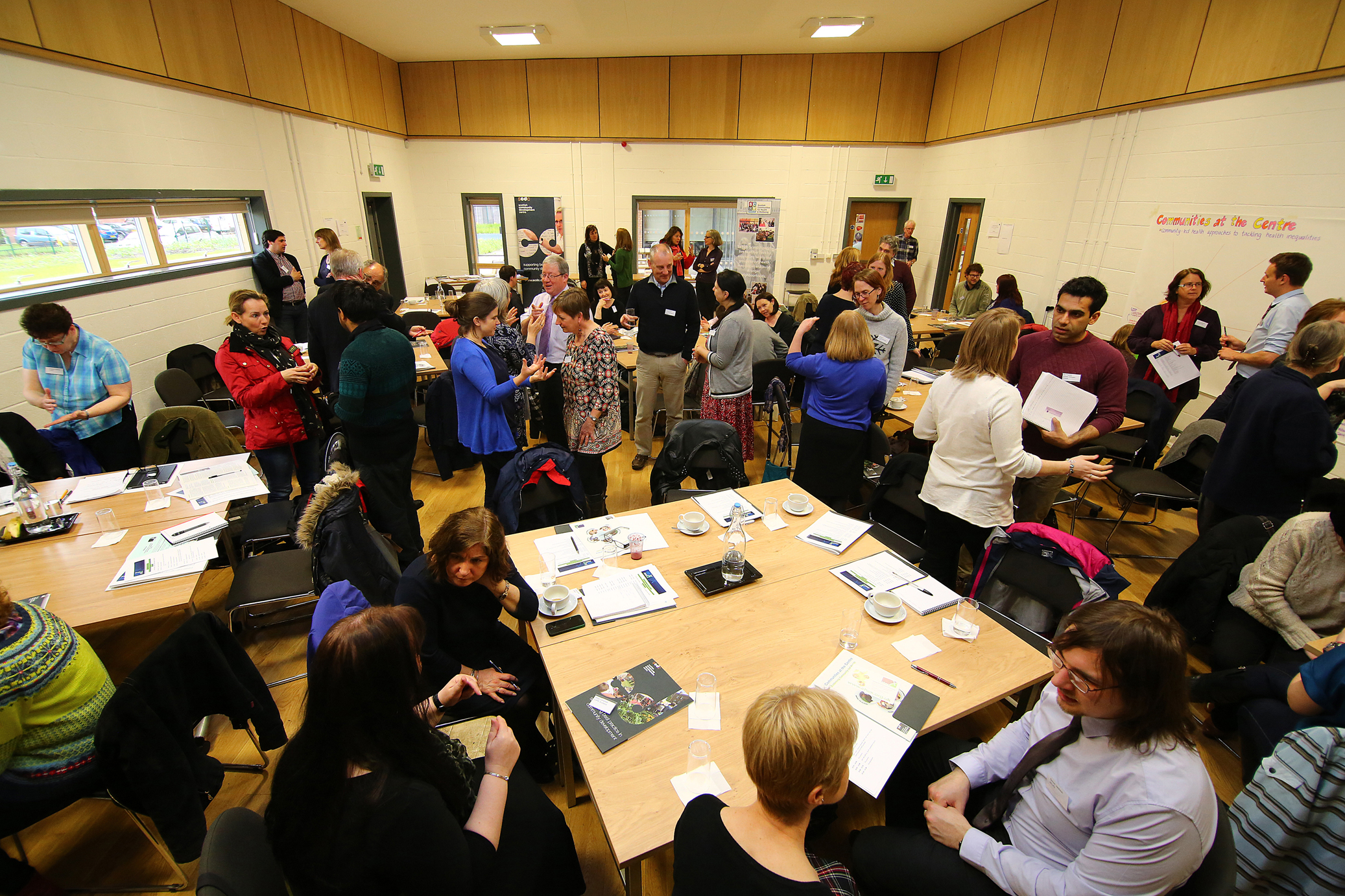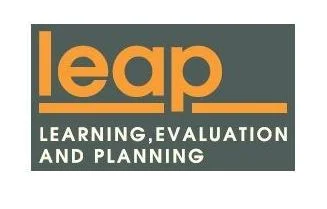Community-led Action Research
/SCDC has strongly supported Community-led Action Research for many years. We have substantial evidence that this form of research has built the capacity of individuals and communities to evidence the need for and achieve positive change in the services or support provided to their community.
Why Community-led?
By community-led we mean research defined, undertaken, analysed and evidenced by members of the community themselves. It is therefore research OF and BY the community and not, as is traditional, ON and TO the community. This distinction is fundamentally important because in the community-led approach it is the community who define and carry out the research to gather evidence and make recommendations for change.
Why Action Research?
Action research is about using research tools and methods appropriate to engaging with the community concerned. Example methodologies would include drawings, photography, video diaries; drop in sessions and story dialogue; these methods being used in conjunction with or instead of traditional methods such as questionnaires.
Emphasis is placed on ensuring the community is informed of the results of the research in ways that are appropriate to engaging them and showing the importance of their contribution.
Although support and training may be required for those undertaking the research, our evidence shows that, in addition to obtaining high quality research information, a community action research approach delivers:
Increased capacity and confidence individually and in community groups
Increased skills base which can be used again and which is transferable
Groups have increased community support
Evidence on which communities have been able to successfully argue the need for change in services and support for their community.
To find out more get in touch.



















